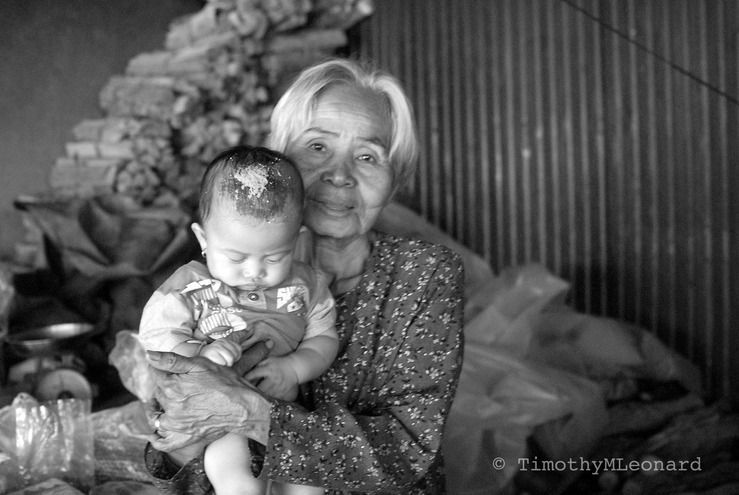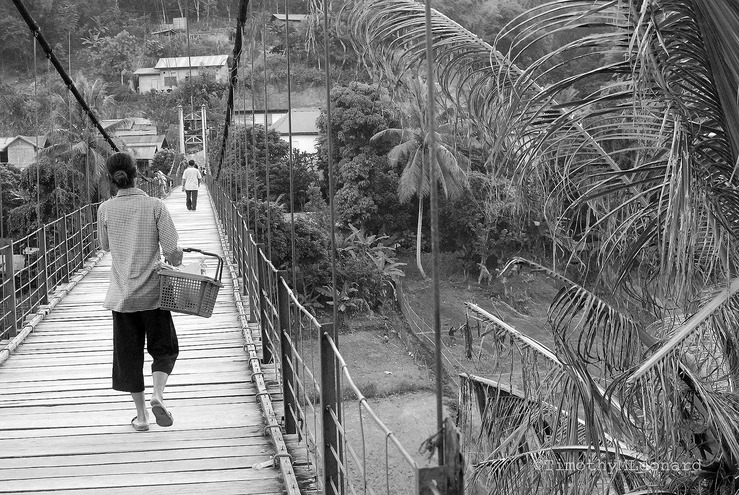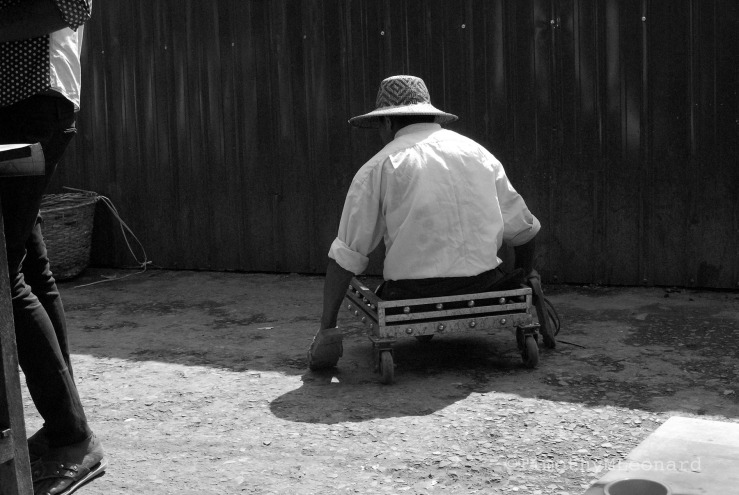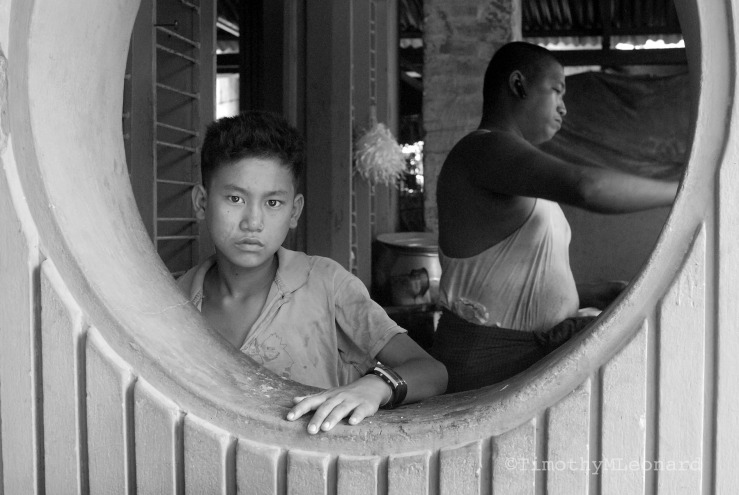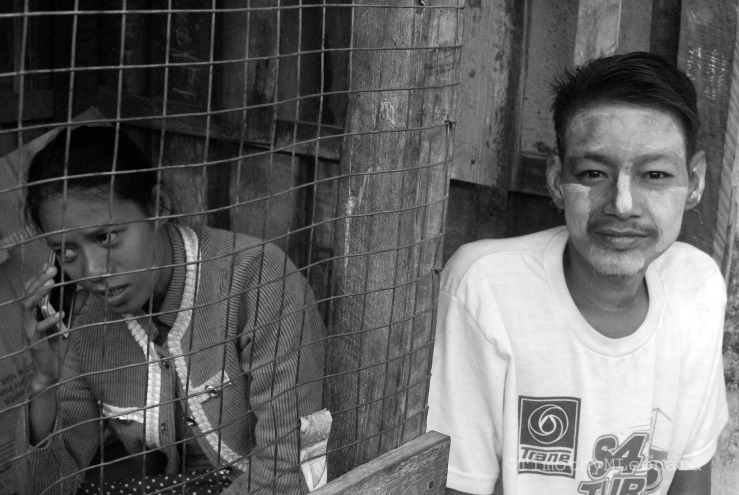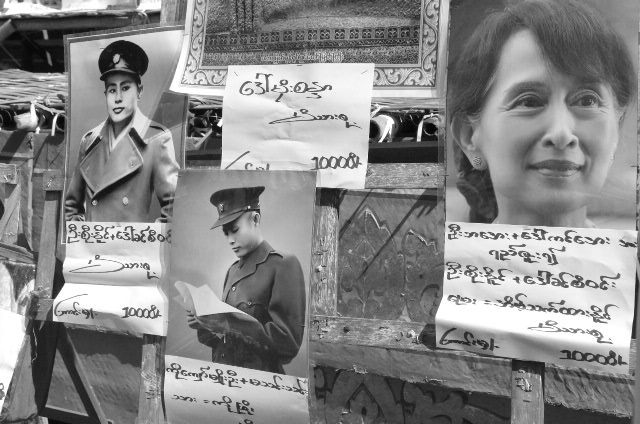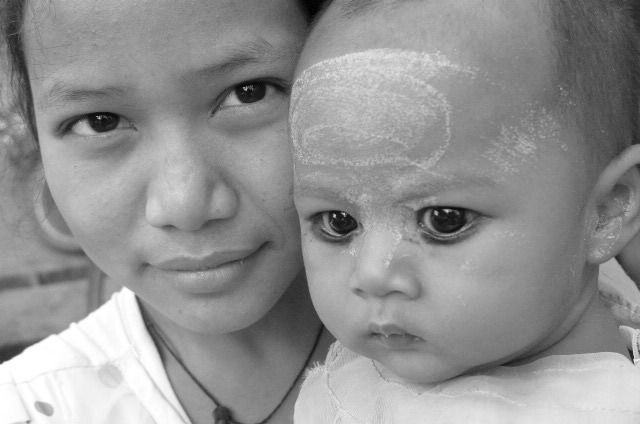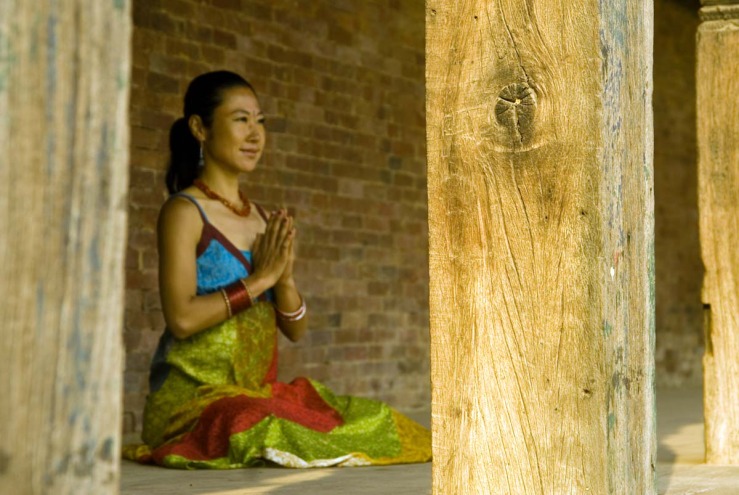Sophia from Panama
The Iberian drama evolved with whiners on one side and complainers on the other. They blamed the weather. Weather laughed at the idiots. Pedestrians on the shady side of the street complained about the cold instead of walking across the street into the sun.
You have to cross the street to learn something, said Education.
A tossed coin landed on its edge. Fate and destiny are two sides of the same coin.
A woman said to her friend, “I think God and Death are two sides of the same coin.”
“I thought it was fate and chance, or tragedy and comedy,” replied her friend. “Life is something to be lived, not talked about. Let’s go shopping.”
Picaros the card tricksters traveled through neighborhoods selling a game of fortune. “Pick a card. Any card. Take a chance.”
Howling Wolf, my word machine, shifted into full automatic sensing a Nothing is true everything is permitted universe.
The Spanish Inquisition lasted from 1478-1831.
In 1492 a bankrupt Isabel and Fernando monarchy expelled 200,0000 Jews from Spain who refused Christian baptism. The church, state and landlords decimated the middle class.
Money & Power & Control
Church bells pealed melancholy songs of salvation and redemption across from the Citadel Castelilo de Santa Catalina built in 1598.
An exhibition from Central America entered a new story-truth.
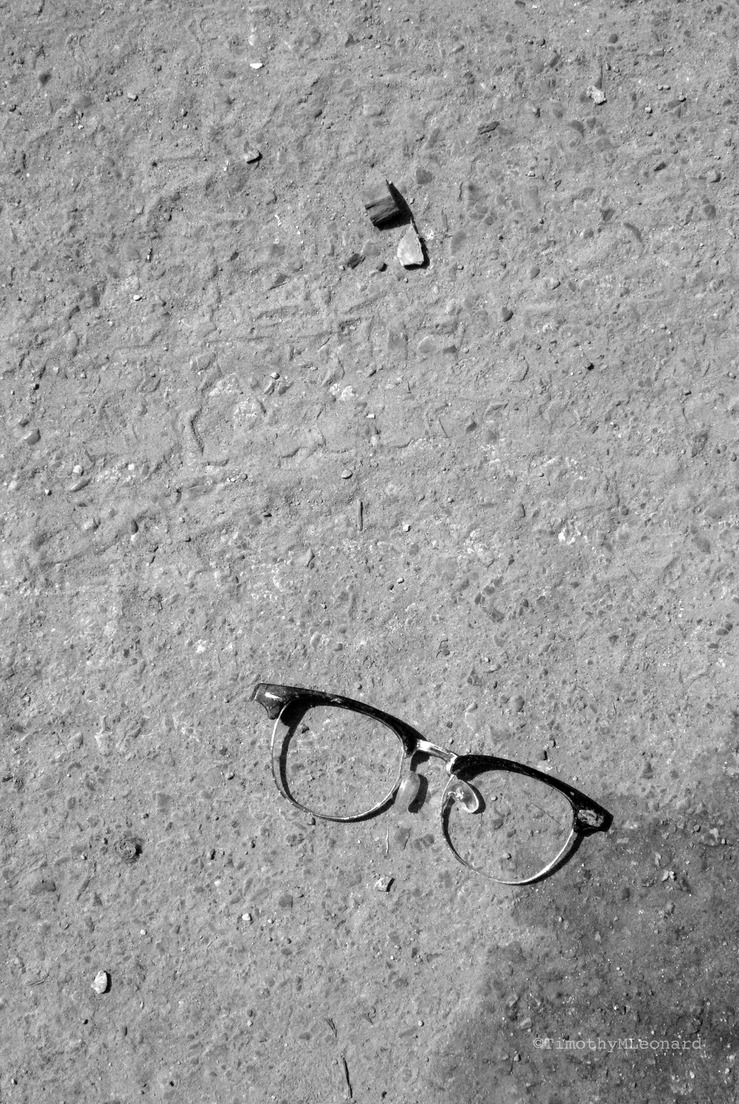
Sophia from Panama pointed to an exhibit in a room. Inside a large glass rectangle were glowing yellow candles, religious icons, sandy footprints and a huge black and white sepia image of a jungle warrior. Panamanian women danced rituals in a video. Exotic travel brochures collected table dust.
“Adults are afraid to go in there,” said Sophia, pointing to the exhibit.
Her dark eyes were rich.
The music of men hammering grandiose plans to improve their quality of life faded as crashing Atlantic waves cleaned the world of sensation and perception.
“Maybe they’ve lost their innate curiosity,” I said annunciating each letter. “Adults are afraid of death. They run away carrying memories, guilt and fear. It’s the human condition.”
“It appears so. We have to encourage them to go in.”
“It’s a time warp. In the flower market I saw four smiling faces in an hour. The people wear a sadness.”
“It’s the way they live,” she said. “Their attitude. Their Catholic guilt is all conditioning. It’s a bag of heavy deep and real imaginary bricks. They study the stones at their feet when they walk.”
“Yes. They love the street, the beauty and perpetual sadness of the mean old street. It’s an old love.”
“A century is nothing here,” she said.
“That’s a good title for a jazz epic opus by a blind writer named Omar.”
“We are all a work in process. We know so much and understand nothing.”
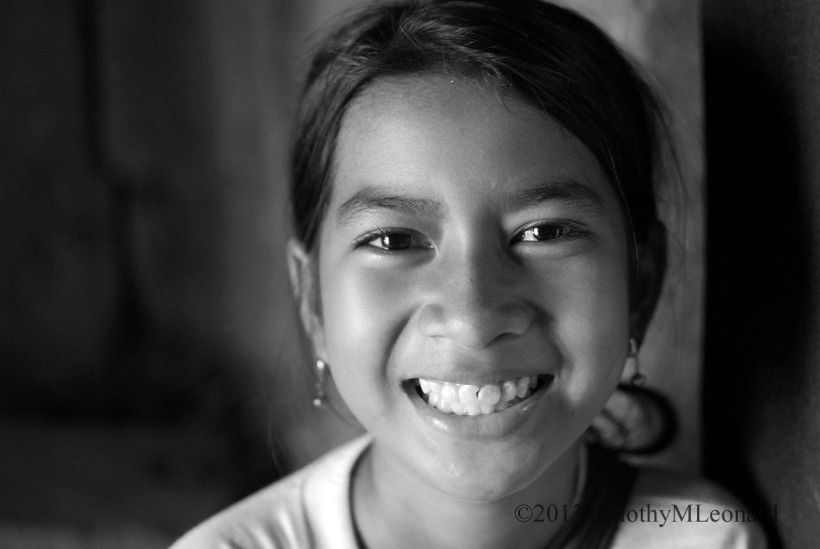
She danced with an unlit cigarette in her hand. We stood on white marble steps hearing ocean erode land. She spelled words on her palm. “You need to learn Spanish.”
“Yes. I am lazy. When I was a kid I dreamed I could speak-talk every Earth language. I could live anywhere. Language is the cultural key. English is the language of cultured barbarians.”
I wanted her. I wanted to tell her she was beautiful in her language, her oral tradition spilling memes, nouns, verbs, proposals, phonics, magic, dreams, gardens and pure land poetry.
“Will you be here tomorrow?”
Sophia danced away. “It’s all random when I will be here.”
While we were talking someone blew up a Coca-Cola plant in India. There were some pissed off marginalized humans in a world inundated with too much sugar consumption in caste systems. A low fat diet of fear satisfied their daily requirements.
I walked to an exhibition in the Citadel. Narrow white oval corridors displayed black and white photographs of Nicaraguans fishing, polling canoes through jungles, chopping forests, sitting for the camera, laughing and contemplating their natural world.
One hall was filled with delicate black handmade fans and tributes to Federico Garcia Lorca.
Considered the greatest poet and playwright of 20th century Spain, he was assassinated by members of the Escuadra Negra (Black Squadron) a Franco death squad in August 1936 for his left-wing sympathies and homosexuality.
Lorca belonged to the Generation of 1927 with Dali, Miro, Picasso and Luis Bunuel a filmmaker, identifying with the marginalized Romani and Spanish women chained to conventional social expectations in Andalucía. Their art introduced symbolism, futurism and surrealism into Spanish literature and life.
Lorca wrote about entrapment, liberation, passion and repression.
“Then I realized I had been murdered.
They looked for me in cafes, cemeteries and churches
They opened the wine casks and wardrobes
They ravaged three skeletons to gouge out the gold of their teeth.
But they did not find me.
They never found me?
No. They never found me.”
By Federico Garcia Lorca, 1929
A long red scarf lay draped over a single rattan chair. Invisible wires held black fans decorated with peacock feathers and suspended rainbows.
This silent beauty contrasted with stark white walls and a wild blue sea. Relentless waves smashed ramparts.
A passenger ship running lights stem to stern sailed toward Lisbon filled with people afraid to fly and losing their baggage and fears in a pressurized tin can at 30,000 feet.
They carried a life vest with pockets of heavy change that would drown them. Sleep with the fishes.
They waited for the captain to yell, “All hands on deck, everyone into lifeboats,” after reaching Brazilian jungles to evolve new survival strategies among noble native savages.
Natives said, “We have the time but you have watches and machines to measure and control the time.”
A native ran across water to a ship. “We are so glad you are back. We forgot how to preach.”
A fat white priest said, “When you retire they give you a gold watch but not enough time to wind it. Turn back the dial.”
Adventure, Risk, Transformation - A Memoir
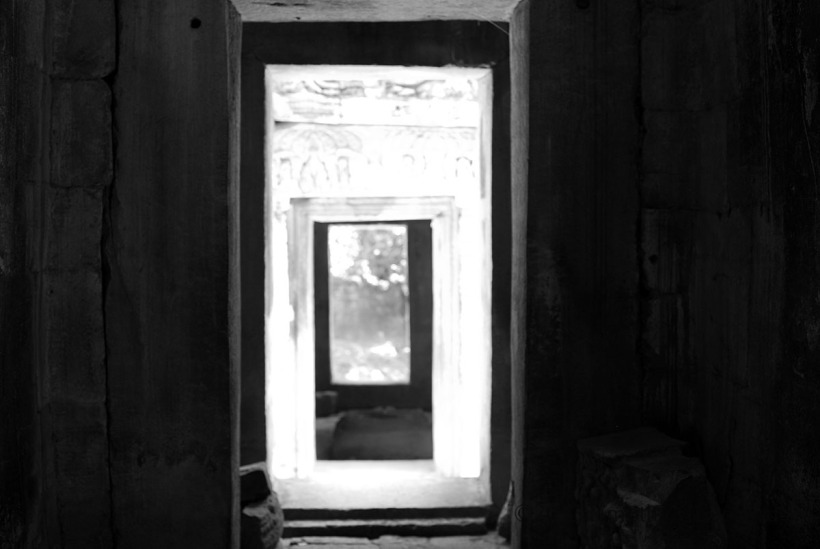






 Share Article
Share Article 
